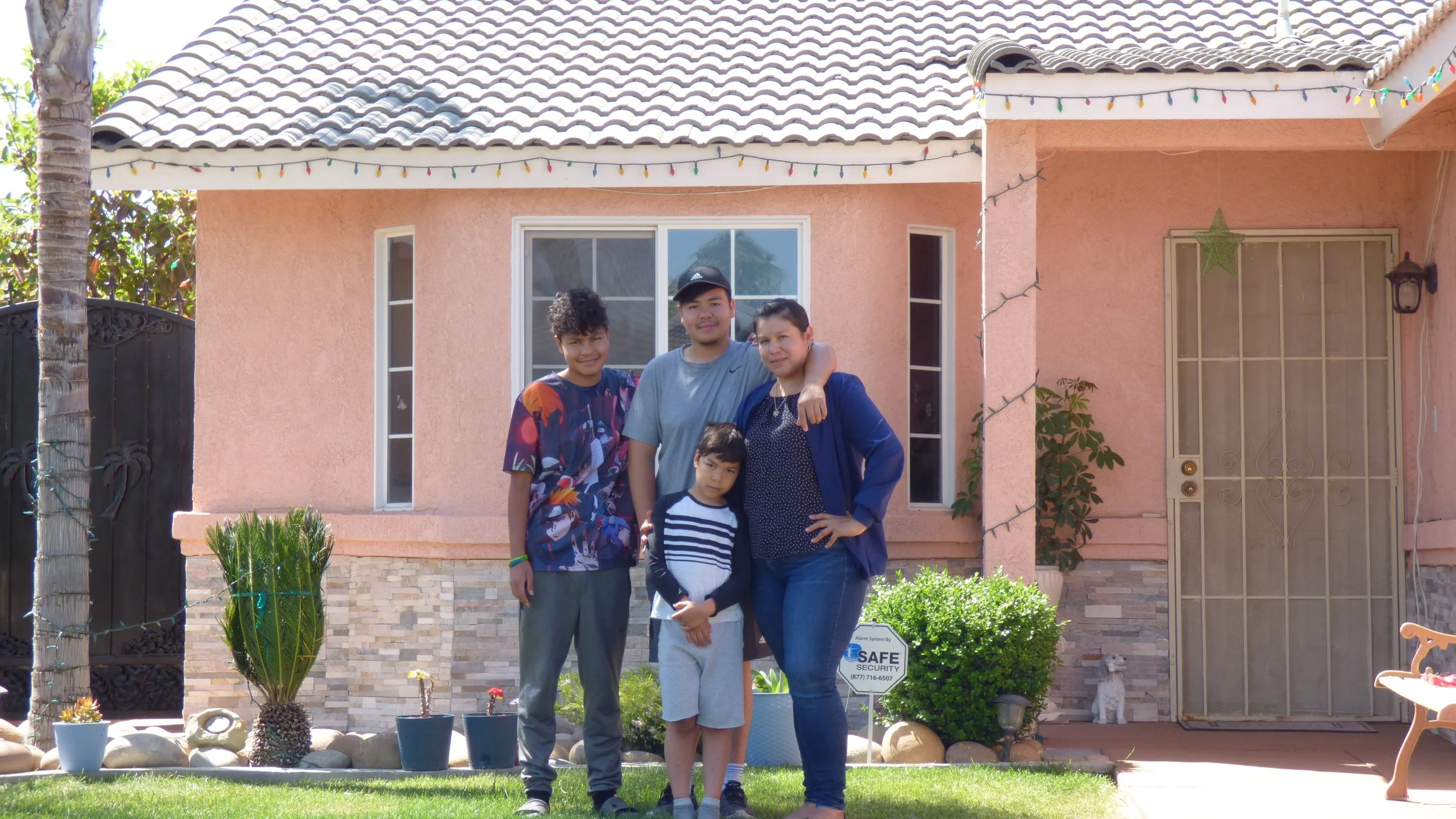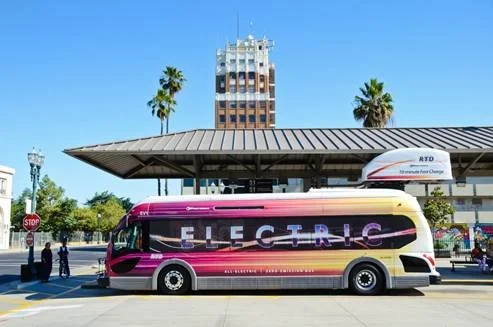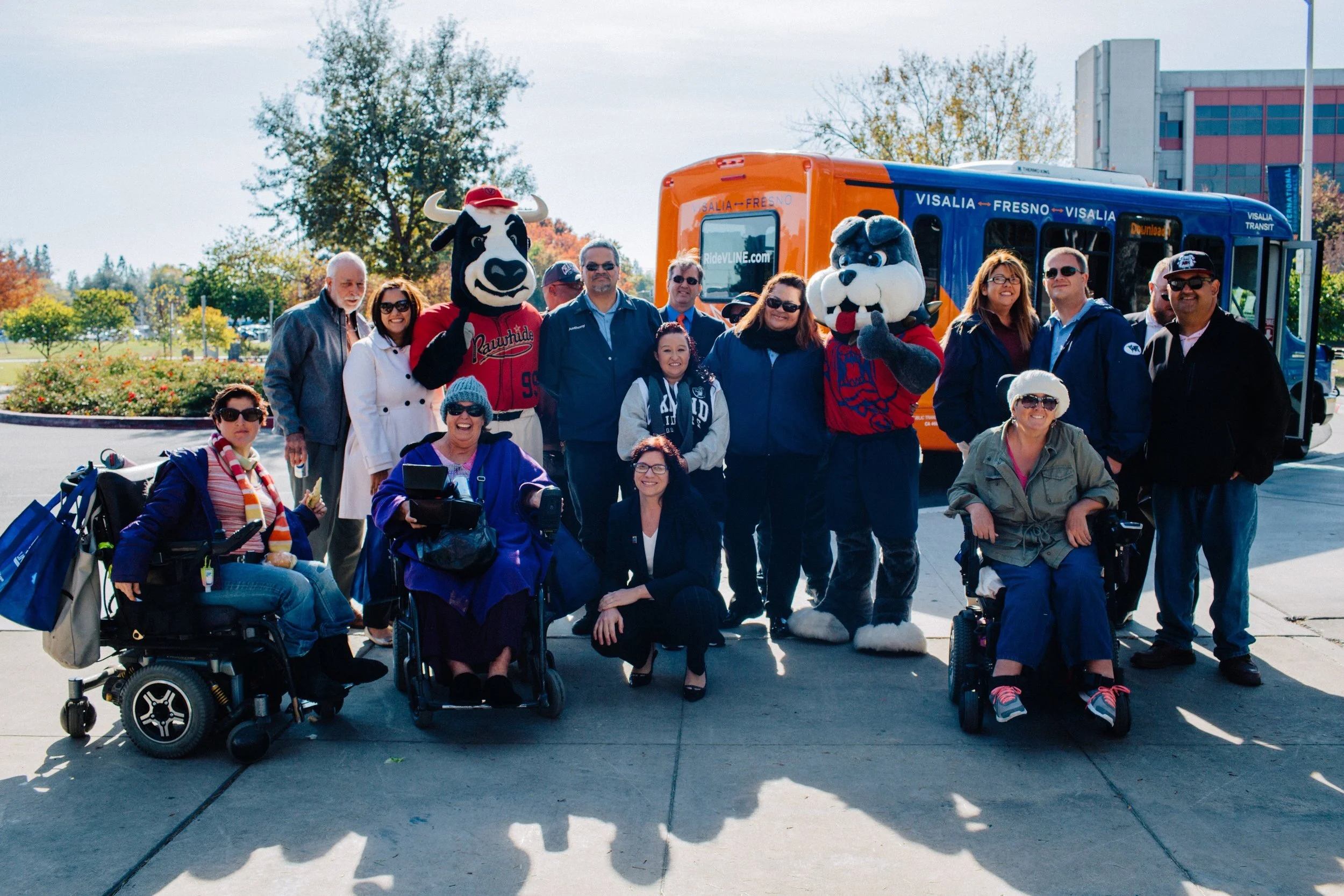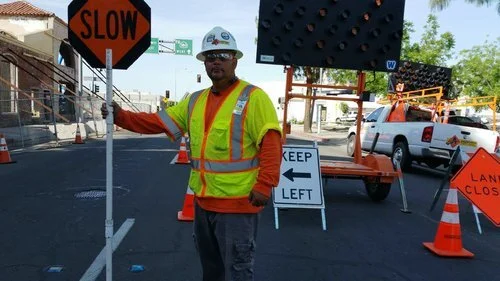Each year, hundreds of Californians work to improve the health and wellbeing of their communities by spearheading California Climate Investments projects, which are designed to support a more sustainable, more resilient future. Learn what these projects have accomplished in the San Joaquin Valley counties of Fresno, Kern, Kings, Madera, Merced, San Joaquin, Stanislaus, and Tulare.
Cumulative Investments in the
San Joaquin Valley
As of November 30, 2023
$2,155 million total implemented funds
20% of statewide California Climate Investments funding
81,247 projects
$1,701 million benefiting priority populations
79% of funds benefiting priority populations
31,479,130 MTCO2e estimated GHG emissions reductions
47,796 tons estimated criteria air pollutant reductions
2023 Achievements
Reporting period: Dec 1, 2022 – Nov 30, 2023
$357 million in newly implemented funds
6,238 new projects
What does this mean for you?
Here is some of what our 2023 grantees are bringing to the region:
9,515 acres of land conservation or restoration
Over 6,000 projects in the agricultural, transit, and other sectors will reduce greenhouse gas emissions by over 1.6 million metric tons of carbon dioxide equivalent
38 million gallons of fuel reductions through transit, agricultural, and affordable housing projects
San Joaquin Valley Climate Investments in Action
The rural unincorporated communities of Planada and Le Grand are now set to benefit from new public transit services from three electric buses
Neighborhoods previously without of public transit in Merced’s urban center will see new services
Supported by over $3 million in funding from the California State Transportation Agency's Transit and Intercity Rail Capital Program (TIRCP)
Supported by a $300,000 grant from the Food Waste Prevention and Rescue Grant Program
The non-profit Fresno Metropolitan Ministry (Fresno Metro), in partnership with the Central California Food Bank, will expand their capacity to rescue and distribute more edible food through their Food to Share program
Fresno Metro will add 20 new food recovery school sites from Fresno Unified and Central Unified School Districts, set up 5 new food distribution sites at local community-based organizations, and increase direct food recoveries by adding 2 new retail locations and 6 urban gleaning sites
Building the Capacity of a Food Rescue and Distribution Network in Fresno
Discover more projects in your region
Read San Joaquin Valley project profiles
Interested in bringing more projects to the San Joaquin Valley?
Apply! Your first stop to learn more is to explore programs.
Who is eligible?
A number of implemented California Climate Investments projects span multiple geographic boundaries (e.g., a transit bus line or large forestry project crossing county lines). While most projects can be tied to one project address, where it is not feasible to associate a project with a single region, district, or county, the same project data is included in each area that benefits from the investment. This method of attribution tends to increase the implemented project totals reported here. See the Project List for a more detailed explanation of the methodology the California Air Resources Board uses to evaluate projects that cross geographic boundaries.
About Us
California Climate Investments is a statewide initiative that puts billions of Cap-and-Trade dollars to work reducing greenhouse gas emissions, strengthening the economy, and improving public health and the environment - particularly in disadvantaged and low-income communities.
Contact Us
1-800-757-2907 | info@caclimateinvestments.ca.gov | @CAClimateInvest



































